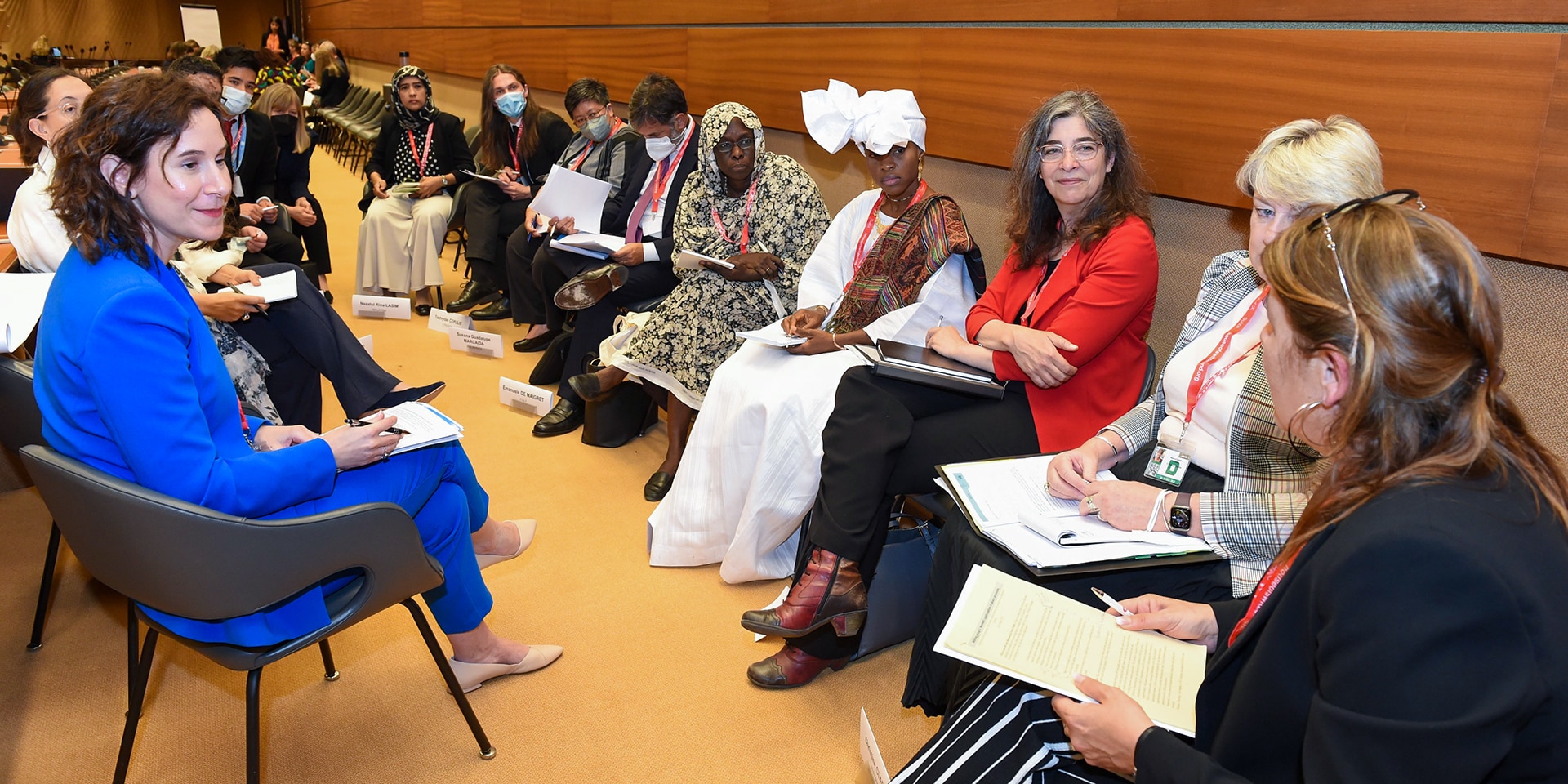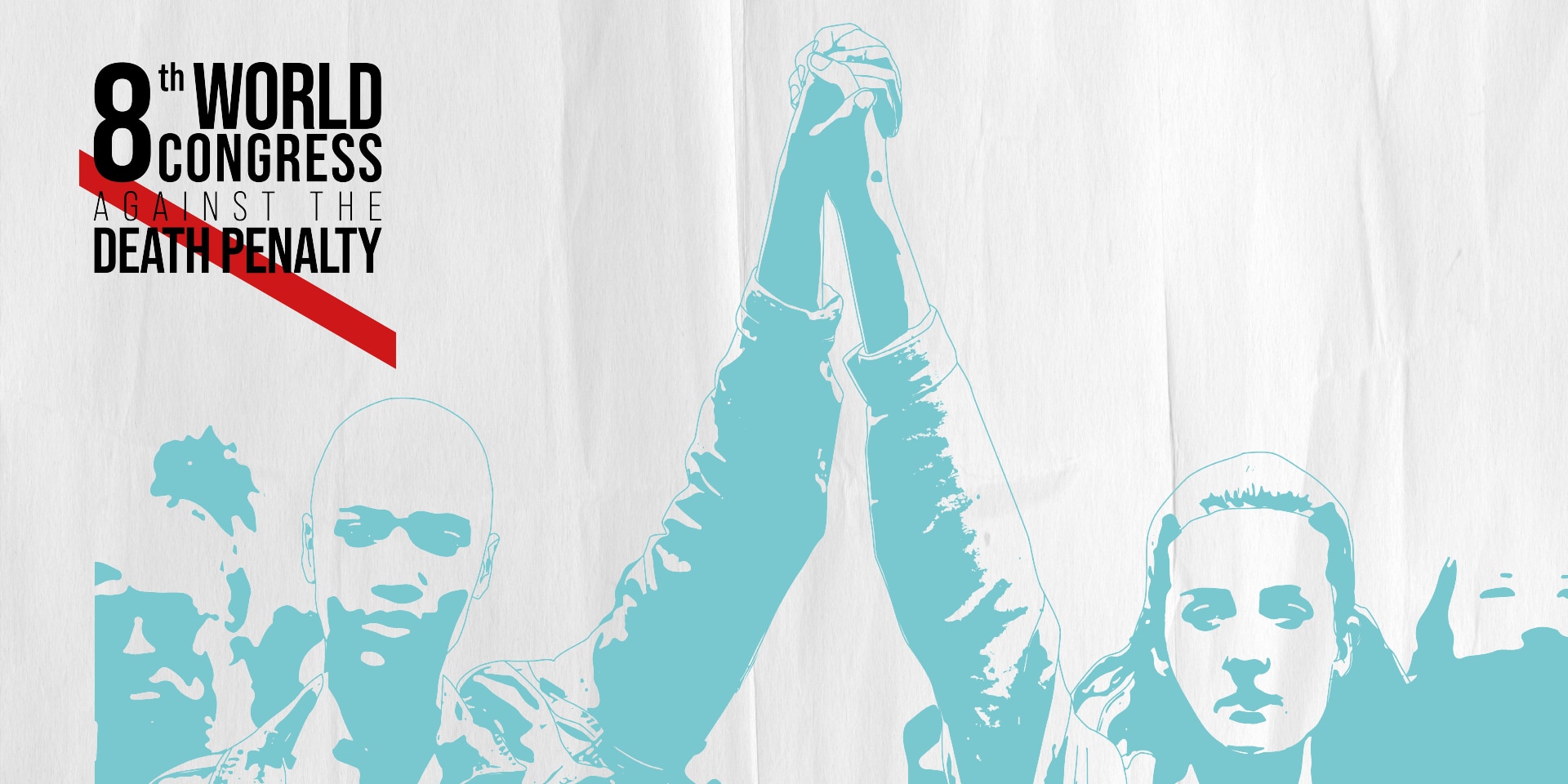Translation of the tweet
Statement
Switzerland is deeply dismayed by the many deaths in connection with the protests in Iran. It condemns the excessive use of force by the Iranian security forces against the demonstrators. As already stated at multilateral level, Switzerland calls on the Iranian government to exercise restraint and ensure that citizens' right to freedom of expression is respected, including on social media. In addition, Switzerland once again calls on the Iranian government to swiftly honour its promise to launch an impartial and transparent investigation into the circumstances of Mahsa Amini's death. Switzerland continues to work bilaterally and multilaterally for the protection of human rights in Iran, including as regards the freedom of expression and assembly, abolition of torture and the death penalty, women's rights, and the protection of minorities.



